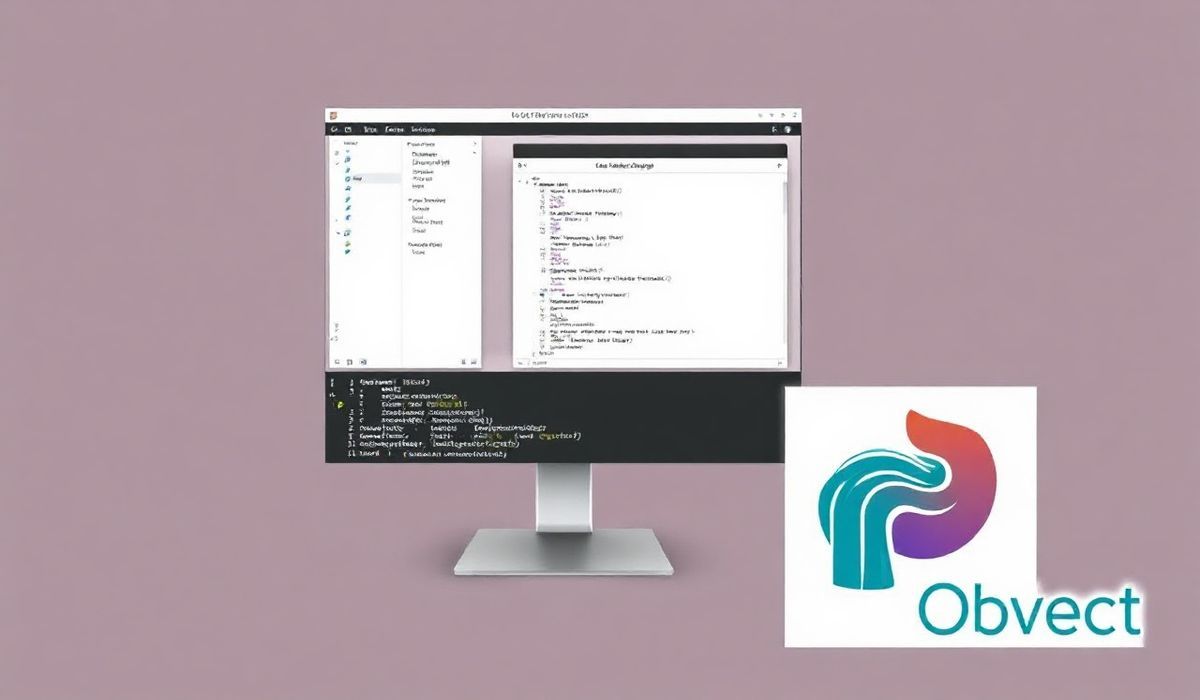Introduction to Nssocket
Nssocket is an easy-to-use TCP socket library for Node.js which simplifies the creation of bidirectional RPC over TCP. This library offers a rich set of APIs to handle TCP connections, emit and listen to events, and transfer JSON-based messages effortlessly. Let’s dive into its features and see how we can utilize them with dozens of useful API examples!
Key APIs and Their Examples
1. Creating a Basic TCP Server
const nssocket = require('nssocket');
const server = nssocket.createServer((socket) => {
socket.send('greeting', 'Hello, client!');
socket.data('greeting', (data) => {
console.log('Received from client:', data);
});
});
server.listen(6785);
console.log('Server listening on port 6785');
2. Connecting a TCP Client
const nssocket = require('nssocket');
const client = new nssocket.NsSocket();
client.connect(6785, () => {
console.log('Connected to server');
client.send('greeting', 'Hello, server!');
});
client.data('greeting', (data) => {
console.log('Received from server:', data);
});
3. Sending and Receiving JSON Data
const nssocket = require('nssocket');
const server = nssocket.createServer((socket) => {
socket.send('jsonData', { message: 'Hello, client!' });
socket.data('jsonData', (data) => {
console.log('Received JSON from client:', data);
});
});
server.listen(6786);
console.log('Server listening on port 6786');
const client = new nssocket.NsSocket();
client.connect(6786, () => {
console.log('Connected to server');
client.send('jsonData', { message: 'Hello, server!' });
});
client.data('jsonData', (data) => {
console.log('Received JSON from server:', data);
});
4. Broadcasting Messages to All Clients
const nssocket = require('nssocket');
let clients = [];
const server = nssocket.createServer((socket) => {
clients.push(socket);
socket.send('welcome', 'Welcome to the server!');
socket.data('broadcast', (data) => {
clients.forEach(client => {
client.send('broadcast', data);
});
});
});
server.listen(6787);
console.log('Server listening on port 6787');
const client1 = new nssocket.NsSocket();
const client2 = new nssocket.NsSocket();
client1.connect(6787);
client2.connect(6787);
client1.data('broadcast', (data) => {
console.log('Client 1 received broadcast:', data);
});
client2.data('broadcast', (data) => {
console.log('Client 2 received broadcast:', data);
});
setTimeout(() => {
client1.send('broadcast', 'Hello from client 1!');
}, 3000);
Example Application: Simple Chat Server
Using the above APIs, let’s build a simple chat server where clients can communicate with each other in real-time.
// Server-side code
const nssocket = require('nssocket');
const clients = {};
const server = nssocket.createServer((socket) => {
socket.data('introduce', (username) => {
clients[username] = socket;
broadcast(`${username} joined the chat`);
});
socket.data('message', (msg) => {
broadcast(msg);
});
socket.on('close', () => {
const username = Object.keys(clients).find(key => clients[key] === socket);
delete clients[username];
broadcast(`${username} left the chat`);
});
});
function broadcast(msg) {
Object.values(clients).forEach(client => {
client.send('message', msg);
});
}
server.listen(6789);
console.log('Chat server listening on port 6789');
// Client-side code
const nssocket = require('nssocket');
const client = new nssocket.NsSocket();
client.connect(6789, () => {
client.send('introduce', 'User_' + Math.random().toString(36).substr(2, 5));
});
client.data('message', (msg) => {
console.log('New chat message:', msg);
});
function sendMessage(msg) {
client.send('message', msg);
}
In this example, we create a chat server where each connected client is introduced using their username and sends/receives chat messages in real-time.
With such rich functionality, Nssocket truly makes TCP communications in Node.js efficient and straightforward!
Hash: a4cc29ba8ef5d1265196dde00d057a6ff8e66a3acf206e6004b7e863f21d4277




